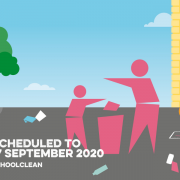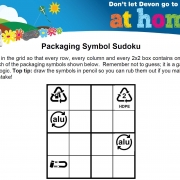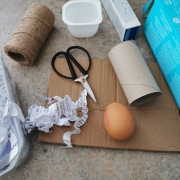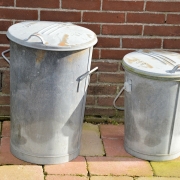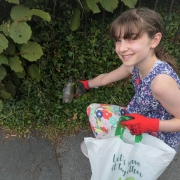Financial Awareness
Financial knowledge and decision-making skills use concepts from Maths and Computing to understand how to make decisions about what to buy and how to stay within a budget.
We have developed a project based learning activity to help KS3 and 4 students use real-world examples to practice financial decision-making skills. Our activity is based around reusable versus disposable products.
Comparing Reusable and Disposable Products
There are a variety of reusable products available which have disposable options as well. Use this comparison project to develop student’s budgeting and calculation skills. Many adults find this difficult, so they will develop important financial awareness skills with this engaging activity.
Subject: PSHE, Life Skills, Maths
Spotlight on: Comparison of costs of two options over time
Driving Question: How can I compare two similar products?
Process
- Hold a discussion about money and budgeting. Ask students what they see their parents doing at home. Discuss ways of saving money, like going to different supermarkets for different offers, or comparing options using a price comparison website.
- In groups ask students to brainstorm how many reusable products and their disposable options are available. Ask groups to share. Expect items like face masks, nappies, period products (see our pages on Reusable Period Products), handkerchiefs. More unusual ones might be ear protection, paper towels, toilet paper (family cloths are the reusable option!).
- Ask the groups to choose one item to compare. Using computers and iPads ask students to start researching the costs of reusable and disposable items. Supermarket websites will have costs for the most easily available options like disposable nappies and period products. Specialist websites will sell reusable options.
- Ask groups to compare the costs over a certain time period. This could be for the first 3 years of a child’s life for nappies or the period of time a person menstruates (about 40 years).
- Ask students to prepare a presentation to the rest of the class comparing the costs. Students could also prepare a leaflet for the public or their families. They could even ask the school to send information home with families if they wished to.
- Make sure students understand that the cost of products often does not represent their environmental cost, i.e. the cost of disposal of the item – e.g. nappies end up in black bin bags, which are burnt for energy in Devon. This is a very expensive process. Reusable products are better for the environment and can help save money too.
The text of this project based learning activity is also available as a Word document.
Project Based Learning: Comparing Reusable and Disposable Products

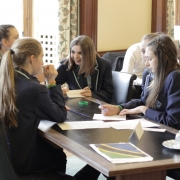
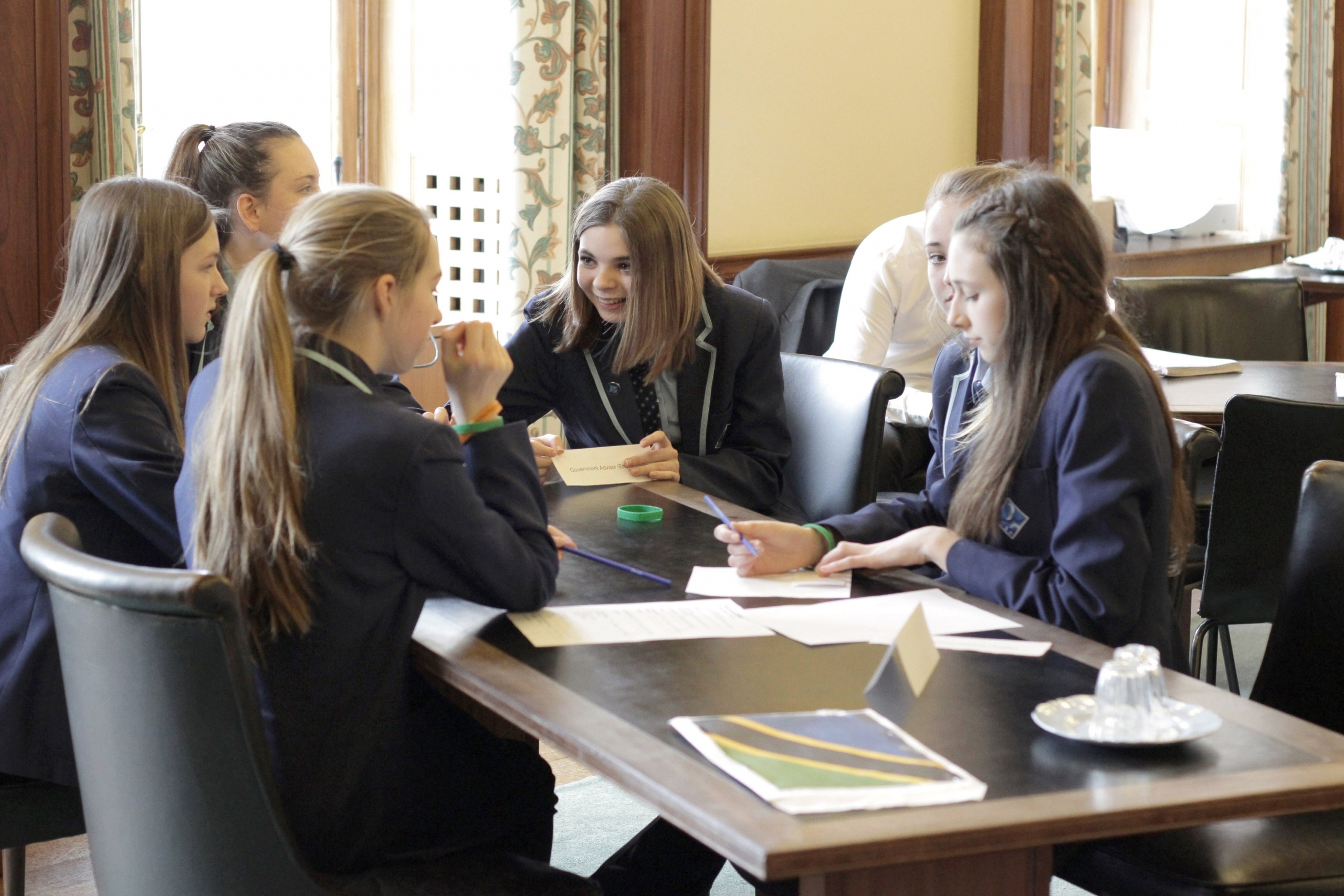
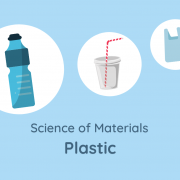

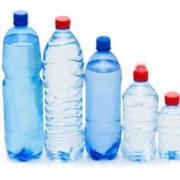
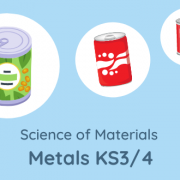


 We are surrounded by media in lots of different forms, whether it’s through the old style print media like newspapers or magazines, or websites, or social media. They are all written with a certain viewpoint. Every piece of writing has been written with a different agenda and a select audience in mind. In our ever changing and fast moving world we need to learn the skills to access, analyse, evaluate and create media in all its forms so we can gather a balanced view of the world around us and what is happening. This page will help teachers educate about media literacy, using examples from the waste industry, including subjects around the plastic pollution problem and other recent issues.
We are surrounded by media in lots of different forms, whether it’s through the old style print media like newspapers or magazines, or websites, or social media. They are all written with a certain viewpoint. Every piece of writing has been written with a different agenda and a select audience in mind. In our ever changing and fast moving world we need to learn the skills to access, analyse, evaluate and create media in all its forms so we can gather a balanced view of the world around us and what is happening. This page will help teachers educate about media literacy, using examples from the waste industry, including subjects around the plastic pollution problem and other recent issues.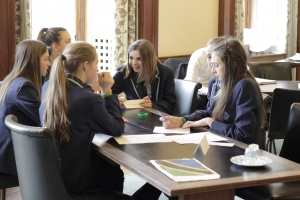 Microplastics on Snowdon!
Microplastics on Snowdon!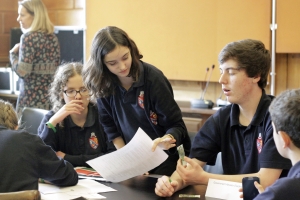 The Textiles Conundrum
The Textiles Conundrum